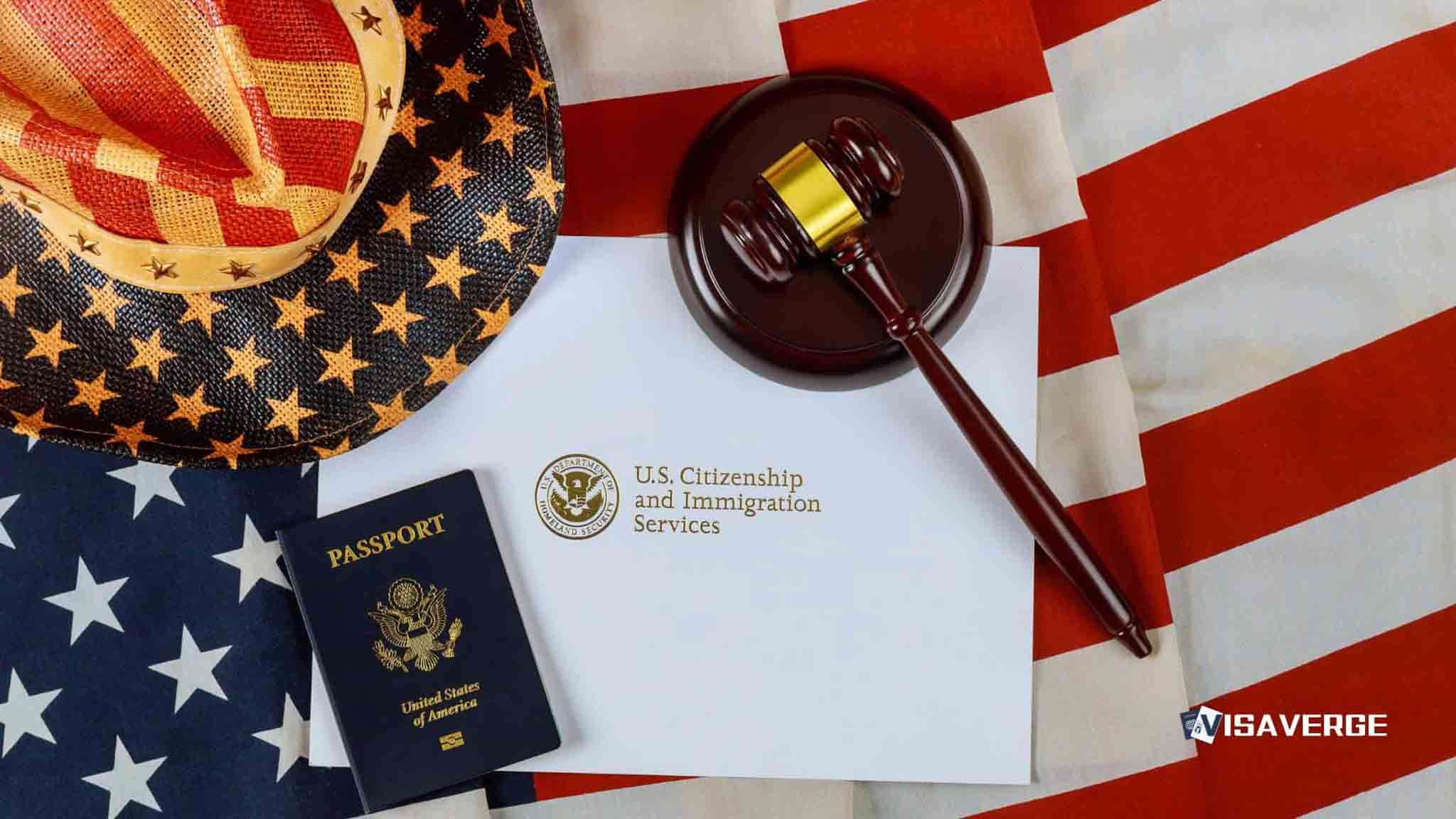Key Takeaways
• Utah’s 2025 minimum wage remains $7.25 per hour, equal to the federal rate since 2008.
• Tipped workers earn $2.13 hourly plus tips; total must reach $7.25; minors get $4.25 training wage.
• Overtime pay is $10.88 hourly after 40 hours; no local minimum wage differences within Utah.
Understanding The minimum wage in Utah for 2025: A Comprehensive Guide
When moving to a new place, one of the first things many immigrants and newcomers want to know is how much they can expect to earn in entry-level jobs. In Utah, the minimum wage is a key part of this picture. As of 2025, the minimum wage in Utah remains at $7.25 per hour, which is the same as the federal minimum wage. This guide explains what this means for workers, employers, and families, especially those who are new to the United States 🇺🇸 or considering a move to Utah.

What Is Minimum Wage?
The minimum wage is the lowest amount an employer can legally pay most workers for each hour of work. In the United States 🇺🇸, there is a federal minimum wage set by the government, but each state can choose to set its own higher rate. Some states and cities have higher minimum wages, but Utah follows the federal rate.
In 2025, Utah’s minimum wage is $7.25 per hour. This rate has not changed since 2008, when it was raised from $6.55 to $7.25 per hour. There are no plans to increase it in the near future.
Who Gets the Minimum Wage in Utah?
Most workers in Utah must be paid at least $7.25 per hour. However, there are some exceptions and special rules for certain groups:
- Tipped Employees: Workers who earn tips, like servers in restaurants, can be paid a lower cash wage of $2.13 per hour. However, their total pay (wages plus tips) must add up to at least $7.25 per hour. If tips are not enough, the employer must make up the difference.
- Minors (Under 18): Young workers under 18 can be paid a special training wage of $4.25 per hour for their first 90 days on the job.
- Students: High school and college students working part-time (up to 20 hours per week) in certain programs can be paid 85% of the minimum wage, which is about $6.16 per hour.
- Overtime: If a worker puts in more than 40 hours in a week, they must be paid at least $10.88 per hour for those extra hours. This is called “time and a half.”
- Exemptions: Some workers are not covered by minimum wage laws. These include certain managers, farmworkers, seasonal workers, newspaper deliverers, babysitters, and some employees of nonprofit or educational organizations.
Let’s look at each of these groups in more detail.
Tipped Employees: How Does It Work?
Many immigrants and newcomers find jobs in restaurants, hotels, or other service industries where tips are common. In Utah, employers can pay tipped workers a base wage of $2.13 per hour. The idea is that tips will make up the rest so that the worker earns at least the minimum wage of $7.25 per hour.
- Tip Credit: Employers can use a “tip credit” of up to $5.12 per hour. This means if a worker does not earn enough in tips to reach $7.25 per hour, the employer must pay the difference.
- Example: If a server works 10 hours and only earns $30 in tips, their total pay (wages plus tips) must still be at least $72.50 (10 hours x $7.25). If tips plus wages fall short, the employer must pay more.
This rule helps protect workers from earning too little, but it also means that income can be unpredictable if tips are low.
Special Rules for Minors and Students
Young people and students often take part-time or entry-level jobs. Utah allows employers to pay a lower wage in some cases:
- Minors (Under 18): For the first 90 days of work, employers can pay a training wage of $4.25 per hour. After 90 days, the worker must be paid at least $7.25 per hour.
- Students: High school and college students who work part-time (up to 20 hours per week) in certain programs, like work-study, can be paid 85% of the minimum wage. In 2025, this is about $6.16 per hour.
These rules are designed to help young people and students get work experience, but they also mean lower pay for these groups.
Overtime Pay: What Happens When You Work Extra Hours?
If you work more than 40 hours in a week, you must be paid overtime. In Utah, overtime pay is 1.5 times the regular minimum wage, which comes to $10.88 per hour for each hour over 40 in a week.
- Example: If you work 45 hours in one week, you get 40 hours at $7.25 per hour and 5 hours at $10.88 per hour.
This rule applies to most hourly workers, but some jobs are exempt from overtime rules.
Who Is Exempt from Minimum Wage Laws?
Not every worker in Utah is covered by minimum wage laws. Some jobs are exempt, meaning employers do not have to pay the minimum wage. These include:
- Executive Employees: Managers who earn at least $684 per week and have certain management duties.
- Farmworkers and Seasonal Workers: Some agricultural jobs are not covered.
- Newspaper Deliverers: People who deliver newspapers may be exempt.
- Informal Workers: Babysitters and some other casual workers are not covered.
- Nonprofit or Educational Organizations: Some employees in these organizations may have different wage rules.
If you are not sure whether your job is covered, you can contact the Utah Labor Commission or the U.S. Department of Labor for help.
No Local Minimum Wage Differences
Unlike some states, Utah does not allow cities or counties to set their own minimum wage rates. The $7.25 per hour rate applies everywhere in the state, from Salt Lake City to small towns. Employers should still check for any local rules, but as of 2025, there are no known local laws that set a higher minimum wage in Utah.
Historical Context: Why Hasn’t Utah’s Minimum Wage Changed?
Utah’s minimum wage has been frozen at $7.25 per hour since 2008. The federal minimum wage has also stayed at $7.25 since 2009. This means that for more than 15 years, the minimum wage has not increased, even as the cost of living has gone up.
- No Recent Changes: There have been no new laws or proposals in Utah to raise the minimum wage as of mid-2025.
- No Indexing for Inflation: Utah does not adjust its minimum wage for inflation, so the real value of the wage has gone down over time.
This situation affects many workers, especially those in low-wage jobs, including many immigrants and newcomers.
Practical Implications for Workers
For many workers in Utah, especially those earning the minimum wage, it can be hard to keep up with rising costs for housing, food, and other essentials. Here’s what this means in real life:
- Earnings: A full-time worker earning $7.25 per hour makes about $290 per week (before taxes) if they work 40 hours. That’s about $15,080 per year.
- Cost of Living: Many families find it difficult to cover basic expenses on this income, especially in areas where rent and other costs are rising.
- Tipped Workers: Income can be unpredictable, depending on how busy the workplace is and how generous customers are with tips.
- Young Workers and Students: Lower training and student wages mean even less take-home pay.
For immigrants and newcomers, these realities can shape decisions about where to live and what jobs to take.
Practical Implications for Employers
Employers in Utah must follow the state and federal minimum wage laws. Here’s what they need to know:
- Compliance: Employers must pay at least $7.25 per hour to most workers and follow overtime rules.
- Tipped Employees: Employers must track tips and make sure total pay meets or exceeds the minimum wage.
- Training and Student Wages: Employers can pay lower wages to minors and students under certain conditions, but must follow the rules closely.
- Recordkeeping: Employers should keep accurate records of hours worked, wages paid, and tips received.
Failure to follow these rules can lead to fines and other penalties.
Comparing Utah’s Minimum Wage to Other States
Utah’s minimum wage is among the lowest in the country because it matches the federal rate. Many other states have set higher minimum wages. For example:
- California 🇺🇸: $16.00 per hour in 2025
- Washington 🇺🇸: $16.28 per hour in 2025
- Colorado 🇺🇸: $14.42 per hour in 2025
Some cities in other states have even higher local minimum wages. This means workers in Utah may earn less than similar workers in other parts of the United States 🇺🇸.
Expert Perspectives: The Debate Over Minimum Wage
There is ongoing debate about whether Utah should raise its minimum wage.
- Labor Advocates: Many groups argue that $7.25 per hour is too low, especially given the rising cost of living. They say a higher minimum wage would help workers support their families and reduce poverty.
- Business Groups: Some business owners worry that raising the minimum wage would increase labor costs and make it harder for small businesses to survive. They argue that a higher wage floor could lead to fewer jobs or higher prices for customers.
As reported by VisaVerge.com, there is no current legislative push in Utah to raise the minimum wage in 2025, and no announced plans for changes in the near future.
Real-World Example: Maria’s Story
Maria moved to Utah from another country and found a job as a server in a local restaurant. She earns $2.13 per hour plus tips. Some days, she makes enough in tips to reach $7.25 per hour or more. Other days, when business is slow, her employer must pay extra to make sure she gets at least $7.25 per hour for every hour worked.
Maria works hard, but she finds it difficult to save money or cover all her expenses. She hopes that the minimum wage will go up in the future, but for now, she must budget carefully and sometimes works extra hours to make ends meet.
Pathways for Workers: What Can You Do If You’re Paid Less Than Minimum Wage?
If you believe you are not being paid the correct minimum wage, you have options:
- Talk to Your Employer: Sometimes, mistakes happen. Ask your employer to explain your pay and hours.
- Contact the Utah Labor Commission: This state agency can help answer questions and investigate complaints about wages. You can visit their official website for more information.
- Contact the U.S. Department of Labor: The federal government also enforces minimum wage laws. You can learn more about your rights on the U.S. Department of Labor’s Wage and Hour Division page.
You do not need to be a U.S. citizen to file a complaint or ask for help. All workers, regardless of immigration status, have the right to be paid at least the minimum wage for their work.
Summary Table: Utah Minimum Wage 2025
Here’s a quick look at the main wage rates in Utah for 2025:
| Category | Wage Rate (per hour) | Notes |
|---|---|---|
| Standard Minimum Wage | $7.25 | Applies to most employees |
| Tipped Employees | $2.13 + tips to $7.25 total | Tip credit allowed up to $5.12 |
| Minors (Under 18) | $4.25 (first 90 days) | Training wage |
| Students (Part-time) | 85% of minimum wage (~$6.16) | For up to 20 hours/week in certain programs |
| Overtime | $10.88 | 1.5 times regular minimum wage |
Key Takeaways and Next Steps
- Utah’s minimum wage in 2025 is $7.25 per hour, the same as the federal minimum wage.
- Special rules apply for tipped workers, minors, and students.
- Overtime pay is $10.88 per hour for hours worked over 40 in a week.
- There are no local minimum wage differences in Utah.
- Many workers and advocates believe the minimum wage is too low for today’s cost of living, but there are no plans to raise it soon.
- If you have questions or concerns about your pay, you can contact the Utah Labor Commission or the U.S. Department of Labor for help.
For more details on minimum wage laws and your rights as a worker, visit the U.S. Department of Labor’s official minimum wage page.
Whether you are new to Utah or have lived here for years, understanding the minimum wage rules can help you make informed choices about work, pay, and your family’s future.
Learn Today
Minimum Wage → The lowest legal hourly pay an employer must provide to most workers.
Tip Credit → Amount employers count from tips toward meeting the minimum wage for tipped employees.
Training Wage → Reduced pay rate allowed for minors during their first 90 days on the job.
Overtime Pay → Additional pay at 1.5 times the regular wage for hours worked over 40 weekly.
Exemptions → Categories of workers not covered by minimum wage laws, such as managers or farmworkers.
This Article in a Nutshell
In 2025, Utah’s minimum wage stays at $7.25 per hour with special lower rates for tipped workers, minors, and students. Overtime pay is 1.5 times regular wage. Despite rising living costs, no wage increase is planned, affecting many workers and newcomers in Utah.
— By VisaVerge.com













